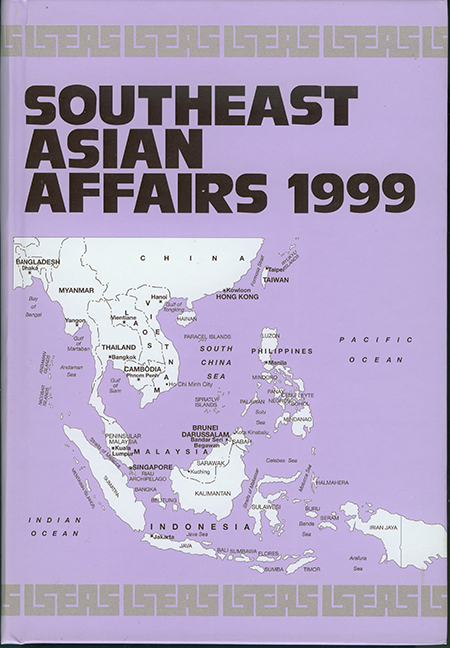Consolidating Democracy in Difficult Times
from PHILIPPINES
Published online by Cambridge University Press: 21 October 2015
Summary
The Philippines in the first half of 1998 surmounted a test of its commitment to constitutional democracy. By the middle of the year, a process of political succession had been settled by relatively clean and orderly national and local elections. The succeeding peaceful transition of power at all elected levels of government demonstrated a deepening of the country's democratic institutions. This democratic process of political change was particularly notable because it occurred in the midst of turbulent regional and domestic economic conditions. Following its assumption of office in June, the new government immediately faced the complex consequences of the regional financial crisis. Adhering to market-oriented policies along the lines recommended by international financial institutions, the country posted modest growth for the year. With international and domestic business confidence returning, in part because of the comparative political stability of the country, the Philippines ended the year demonstrably certain about its pursuit of market reforms in the context of democratic politics.
The Ramos Legacy: Strengthening the State
When Fidel Ramos took over the reins of government from Corazon Aquino in 1992, he inherited a state with declining economic growth compounded by pressing domestic problems (notably the energy shortage) and foreign policy issues (notably the aftermath of the U.S. withdrawal from Filipino military bases). Benefiting from Aquino's anti-authoritarian leadership, Ramos inherited a relatively stable state that survived a series of coup attempts and made a successful transition from authoritarianism. The key challenge for the Ramos government was to lead a continuing transition, not merely surviving authoritarianism but also deepening the return of democratic institutions and recovering economic competitiveness at the same time.
The Ramos government was aware of the political and institutional infirmities of the Philippine state. The Philippine political economy had long been characterized as a “weak state” persistently plundered by predatory segments of its “strong society”.
- Type
- Chapter
- Information
- Southeast Asian Affairs 1999 , pp. 237 - 252Publisher: ISEAS–Yusof Ishak InstitutePrint publication year: 1999



